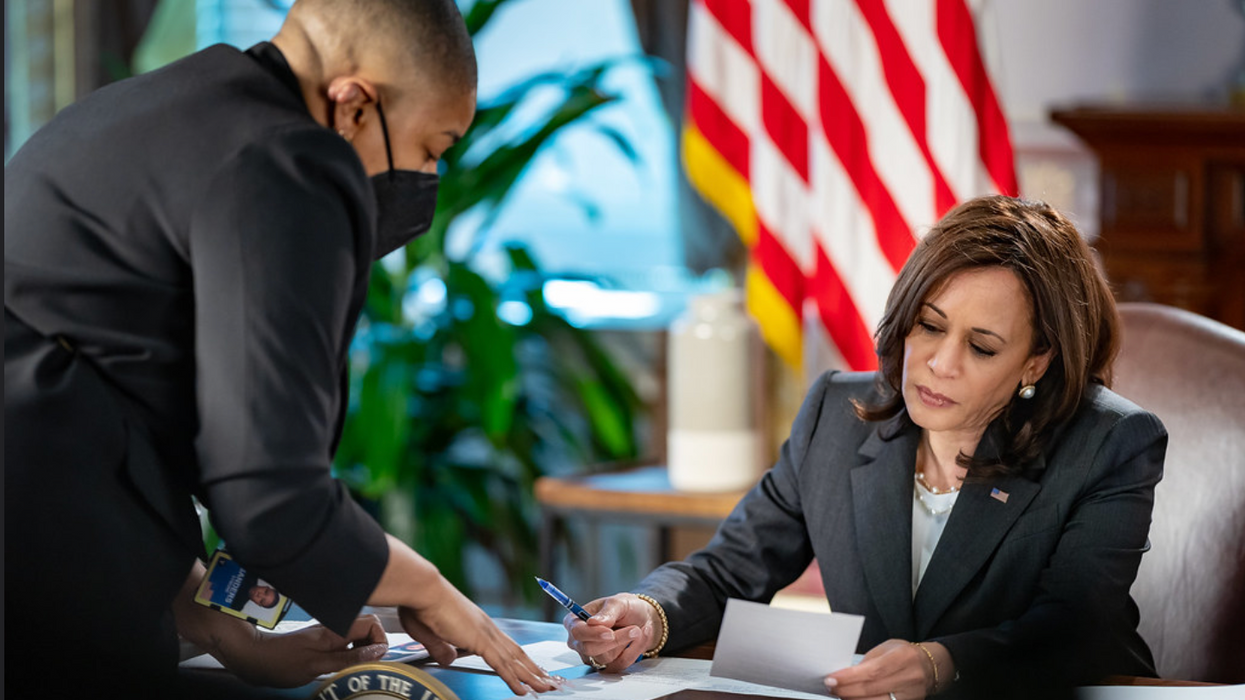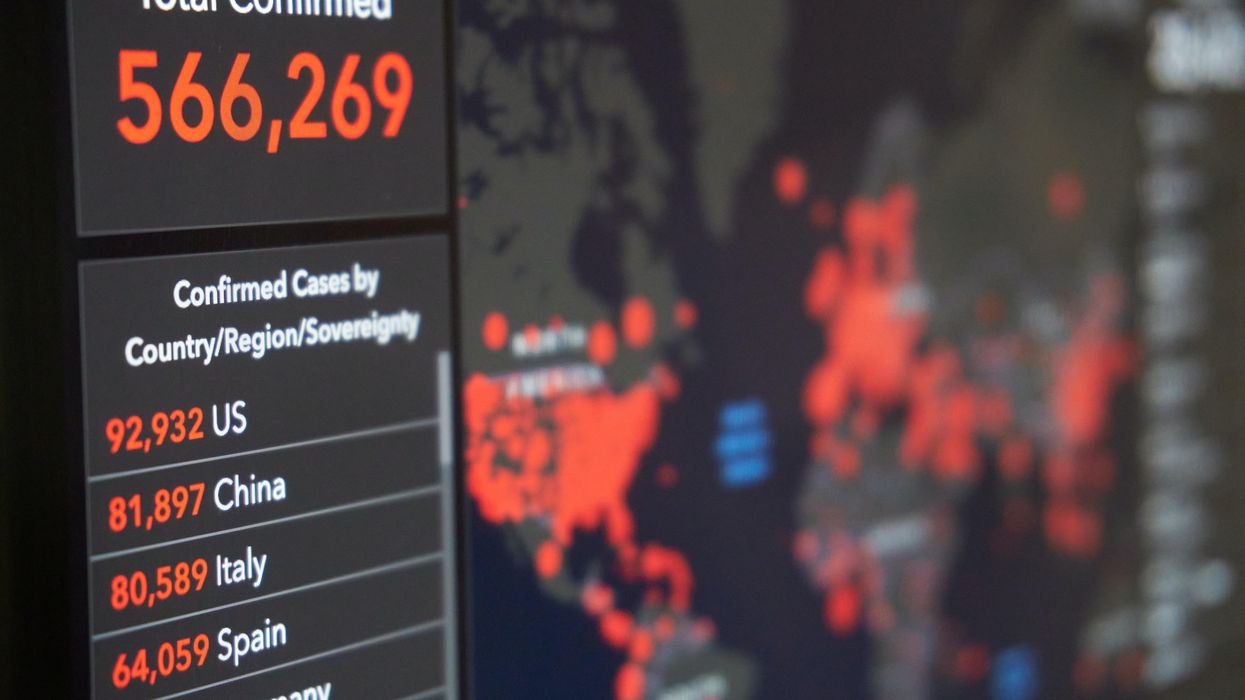US-Mexico Border Remains Calm As New Asylum Rules Take Effect
El Paso (United States) (AFP) - The US-Mexico border appeared calm on Friday as tough asylum rules come into force, with senior officials in Washington expressing confidence that the new system would work.
Thousands of people remained on the Mexican side of the frontier hoping to enter the United States, but the chaotic surge of migrants that right-wing politicians predicted failed to materialize.
"We are seeing people arrive at our southern border, as we expected, as we have been planning for," Homeland Security Secretary Alejandro Mayorkas said Friday.
"We are screening and vetting them and if they do not have a basis to remain, we will remove them very swiftly."
Arrangements at the border changed at midnight, as the pandemic-era Title 42 -- a health provision that allowed for immediate expulsion -- expired.
In its place is a regularized immigration rule that threatens illegal border-crossers with five-year bans and possible criminal charges, and requires asylum-seekers to apply from outside the country.
"Our plan will take some time, but our plan will succeed," said Mayorkas.
Up to 10,000 people have tried to enter the country every day over the past week, border officials told the US media.
Many turned themselves in to US Customs and Border Protection (CBP) hoping to be registered and "paroled" -- let go because authorities did not have the capacity to house them or expel them.
At the airport in El Paso on Friday, Yoenny Camacaro was hunkered down waiting for a flight to Indiana to reunite with her cousin.
The 23-year-old, who has been granted an appointment with a judge in November 2024, said she was very happy to have arrived in the United States after a long and difficult journey from Venezuela through the jungle and by train.
"It's cold, you don't eat, you can't go to the bathroom, and we depended on food being thrown at us," she told AFP.
"But that's over. Now we're here, we've done it."
In among the relief, there was also tragedy.
US officials said a teenage boy had died in the custody of Health and Human Services, which takes care of children entering the country unaccompanied.
The department gave no details, but Honduran Foreign Minister Enrique Reina said a 17-year-old boy had died in an HHS facility in Florida.
'Calm And Normal'
Mexican Foreign Minister Marcelo Ebrard said the number of US-bound migrants crossing his country was ebbing.
He said around 26,500 migrants were waiting in Mexican cities along the long US frontier, and the situation was "calm and normal."
"The flux is dropping today. We have not had confrontations or situations of violence on the border," Ebrard told reporters.
Mexico's national immigration agency has ordered its offices to stop issuing documents authorizing migrants to transit through the country, officials said, in an apparent attempt to curb flows to the US border.
Edith Tapia of the International Rescue Committee, a humanitarian nonprofit group, said the new policy limiting the ways in which vulnerable people could claim asylum in the United Sates left them prey to the criminal gangs that roam northern Mexico.
This "will continue to put migrants and asylum seekers at risk and (leave them) without the possibility of... protection," she told AFP in El Paso.
The border policy shift ordered by President Joe Biden has been controversial, with his supporters on the left saying new rules are too strict while opponents on the right have claimed, without evidence, that he is "opening the borders."
His new policy came under immediate legal attack.
In Florida, a federal judge agreed to a request from the state's Republican administration and ordered the border patrol to stop granting parole to border crossers and asylum seekers -- letting them remain in the United States while their cases are reviewed, a process that can take years.
And in Texas, 13 Republican-led states filed a suit declaring parole "illegal."
Parole "creates incentives for even more illegal aliens to travel to the southwest border," they said.
Washington says it is expanding legal pathways to asylum by setting up regional processing centers, bolstering guest worker programs, and granting more admissions for refugees from Haiti, Cuba, Venezuela and other troubled countries.
For asylum seekers, it has launched an app, CBP One, to arrange immigration interviews at the border.
While many have complained of glitches, Amadeo Diaz, 62, was in Tijuana, south of California, with his family for his asylum interview.
The family, from Arcelia in Mexico's south, said they faced kidnapping and other violence in the region where drug cartels wield great power.
"There is a lot of kidnapping, a lot of killing. Innocent people are being killed and that is why we decided to come here to ask for help," said Diaz.












